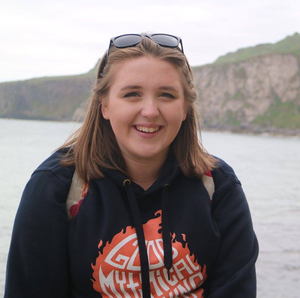A full breakdown of all the action of Macbeth Act 1. This Macbeth study note includes plot overview, analysis and important quotes to focus on.
Pinned to
4692
1
0
No tags specified

|
Created by Antonia Blankenberg
almost 8 years ago
|
|
Rate this resource by clicking on the stars below:




 (0)
(0)
Ratings (0)
| 0 | ||
| 0 | ||
| 0 | ||
| 0 | ||
| 0 |
0 comments
There are no comments, be the first and leave one below:
Close
9475144
note
2018-09-24T11:31:16Z
